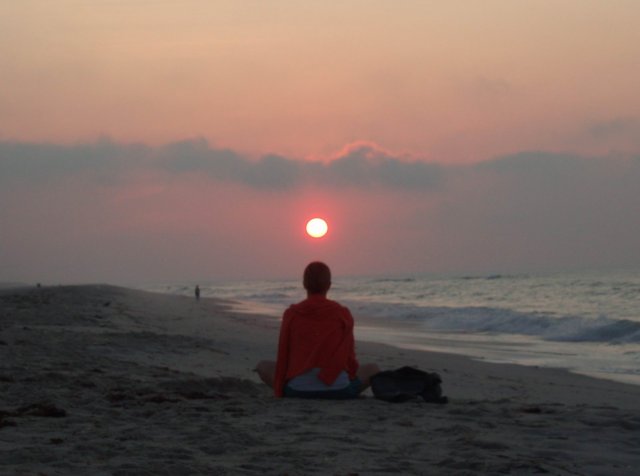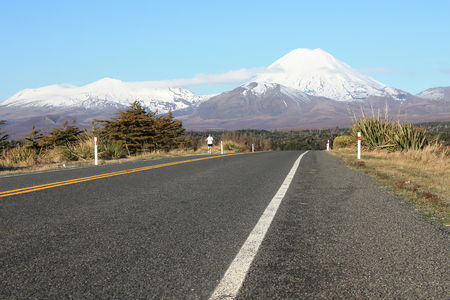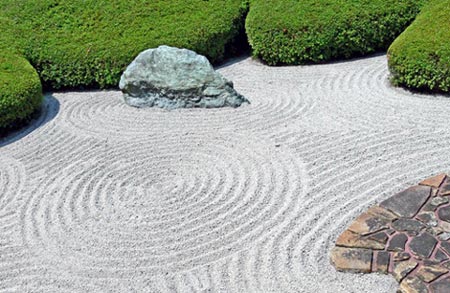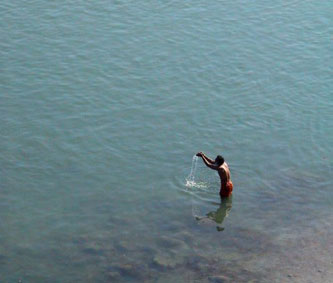There are a variety of different meditation exercises we can try. But, the important thing is not the number or type of meditation exercises that we learn – but how we practise them. The essential qualities of meditation we need to develop are:
- Intensity. If meditate half-heartedly, we will struggle to meditate.
- One Pointed Concentration. However, we meditate, we have to feel at the time nothing else is important. Nothing else should come to bother us.
- Aspiration. This is the desire to dive deep within and experience a more divine consciousness. If we feel this need for real peace and joy, we will have the intensity and discipline to meditate.
- Regularity. Meditation is an art. We need a daily discipline to improve our ability to detach from the mind.
- Ability to detach from thoughts.
“When you meditate, what you actually do is to enter into a calm or still, silent mind. We have to be fully aware of the arrival and attack of thoughts. That is to say, we shall not allow any thought, divine or undivine, good or bad, to enter into our mind. Our mind should be absolutely silent. Then we have to go deep within; there we have to observe our real existence. “
– Sri Chinmoy
- See also: Basic Steps for Starting Meditation
When giving meditation classes in Oxford, I tell people about different meditation exercises, Sri Chinmoy has written about. Other paths, will have their own variations and types of meditation exercises. However, I personally find these three meditation exercises very effective. Often people report that they have good results from these.
Three Simple Meditation Exercises
1. Concentration on A Candle
Basically, we put all our attention and focus onto a small tip of the candle. We exclude everything else from our awareness. With this concentration we can make great progress with meditation. See – Simple To Learn Concentration Exercise
2. One-Four-Two Breathing.
Many forms of meditation use observance of your breathe. This is a simple, but, powerful exercise which can absorb your attention and enable you to go deep within. In addition, our breathing can have a profound impact on our state of mind. I often use this exercise myself, because I find it very helpful.
“The rhythm of your breathing is most important. If you breathe in for one second or for one repetition of the name of the Supreme, then you should hold the breath for four seconds or four repetitions. Then, when you breathe out, it should be for two seconds or the time it takes you to repeat the name of the Supreme twice. The breathing should be done softly and silently. When you breathe in and out, you should do it so gently that, even if there were a thread right in front of your nose, your breathing would not move it.” (- Sri Chinmoy, Pranayama. Read More)
3. Meditation on the Heart
It is in the heart where we find it easiest to distance ourselves from our own mind and own thoughts. The nature of the mind is to think, judge and separate. The nature of the heart is to feel oneness, love and identification with a vaster consciousness.
We can just concentrate on our own heart beat and try to imagine our whole sense of being is located in the heart. If you find helpful you could visualise a beautiful garden or light within your heart centre. Try this Meditation on the Heart Lotus Video
Related
photo top Daria, Sri Chinmoy Centre Galleries.



